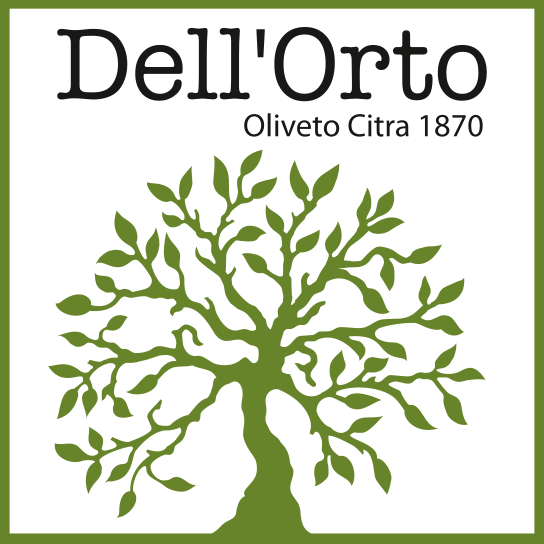Understanding Olive Oil Certifications
What Do They Mean for Consumers?
When you're shopping for extra virgin olive oil, the label can be packed with terms like "organic," "PDO," or "first cold-pressed." But what do these certifications really mean, and why should they matter to you?
In a marketplace full of confusing claims and mass-produced products, certifications serve as trusted signals of quality, origin, and authenticity. Here’s a quick guide to the most important olive oil certifications and how they help you choose better oil.
Organic Certification
An organic certification (such as USDA Organic in the U.S. or CCPB in Europe) means that the olives were grown without synthetic fertilizers, pesticides, or GMOs. For consumers, this guarantees that the oil comes from environmentally responsible and health-conscious farming practices.
Our Organic Extra Virgin Olive Oil is certified by both USDA and CCPB, assuring you that it meets the highest international standards for organic agriculture.
PDO (Protected Designation of Origin)
PDO is a European Union certification that protects the name and reputation of agricultural products from specific geographic areas. A PDO-certified olive oil means that everything — from the olive varieties used to the pressing process — takes place within a clearly defined region.
Our PDO Extra Virgin Olive Oil is crafted entirely in Campania, Italy, from native olive cultivars. This certification ensures that what you’re tasting is a true reflection of the local land, climate, and tradition.
First Cold Pressed
Although not a certification, the term “first cold pressed” is an important quality indicator. It means the oil was extracted mechanically (not chemically) at temperatures below 27°C (80°F) and without reusing the olives. This preserves the oil’s flavor, nutrients, and antioxidants.
All Dell’Orto olive oils are first cold pressed within hours of harvest — a key factor in their freshness, complexity, and nutritional value.
Why Certifications Matter
Certifications aren’t just stamps on a label. They are assurances:
- That the oil is genuine extra virgin, not diluted or refined
- That the origin and method of production are traceable
- That the quality and care behind the product meet specific, enforceable standards
In short, certifications help you navigate a complex market and make informed, confident choices. When you choose a certified olive oil like Dell’Orto, you’re not just buying better flavor — you’re investing in transparency, tradition, and trust.
Explore our certified olive oils and taste the difference for yourself.

